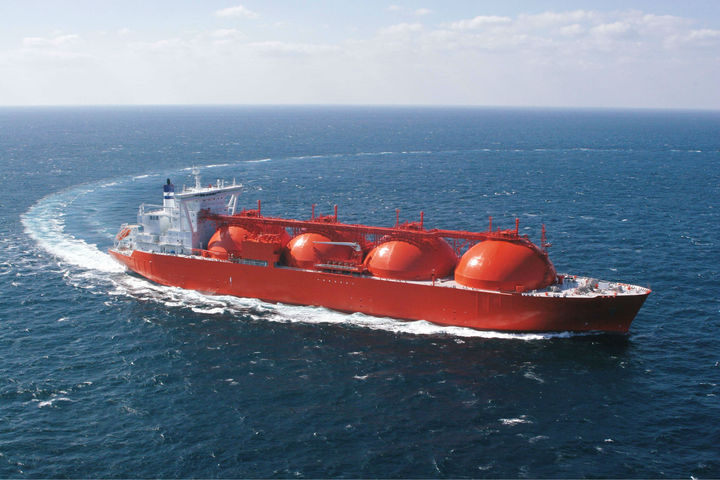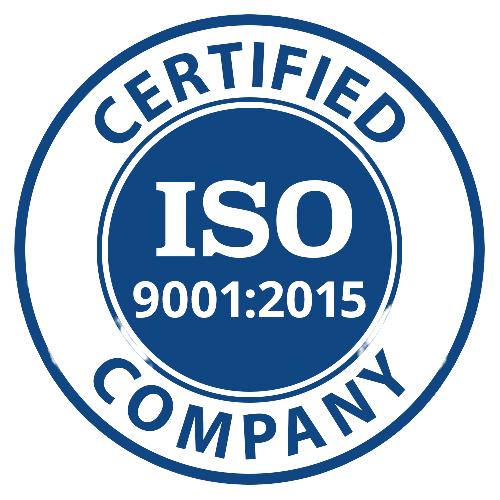|
The “Sulphur Cap 2020” air emission legislation was issued under Regulation 14.1.3 of MARPOL Annex VI and it will limit the maximum Sulphur content of fuel to 0.50%. It will affect all fuels used by vessels outside the existing Sulphur Emission Control Areas (Baltic Sea, North Sea, North America & Caribbean ECA) where the sulfur limit of 0.10% was introduced in January 1st, 2015. Most of existing power propulsion plants were designed to operate on heavy fuel oil while utilizing lighter fuels with lower sulfur content during system start-up and shutdown or when engines or boilers are running on the partial loads. Hence, the operation on low sulphur fuels is a complex matter. To achieve a continuous and trouble-free operation vessel might need to carry out the upgrades to the existing machinery and systems. |
 |
|
One of the largest LNG tanker fleet owners in the world approached Albion Marine Solutions to prepare a feasibility study evaluating the options available for handling excess heat/ steam while operating on low sulphur fuel oil.
Albion Marine were pleased to assist the client to get ready for coming legislation. |



.jpg)

